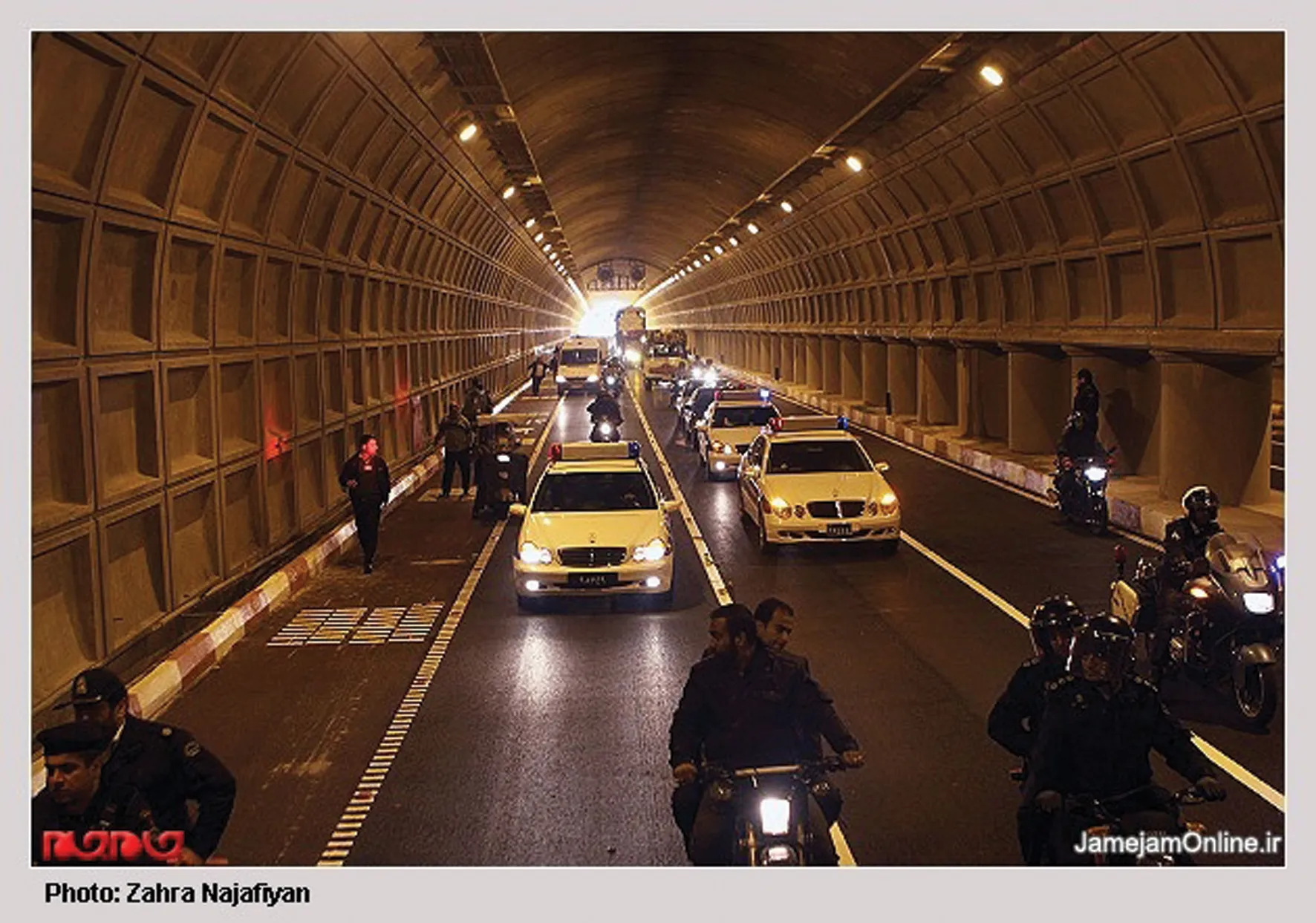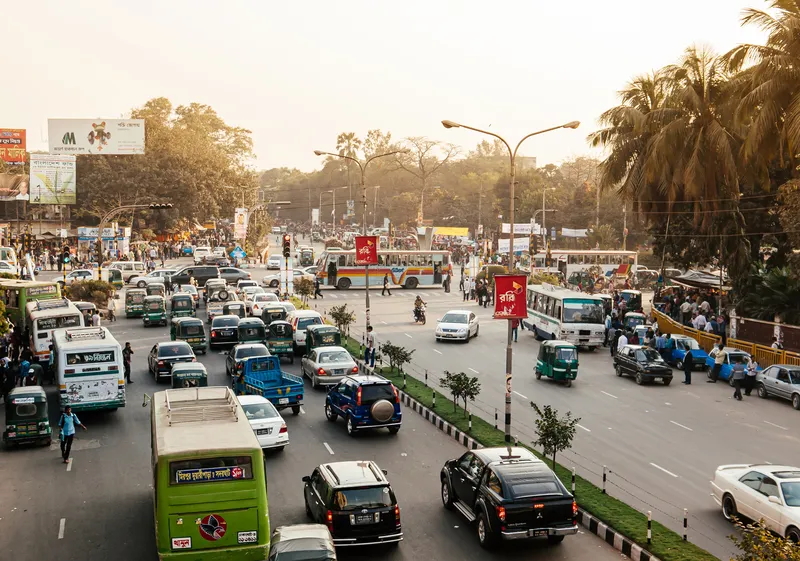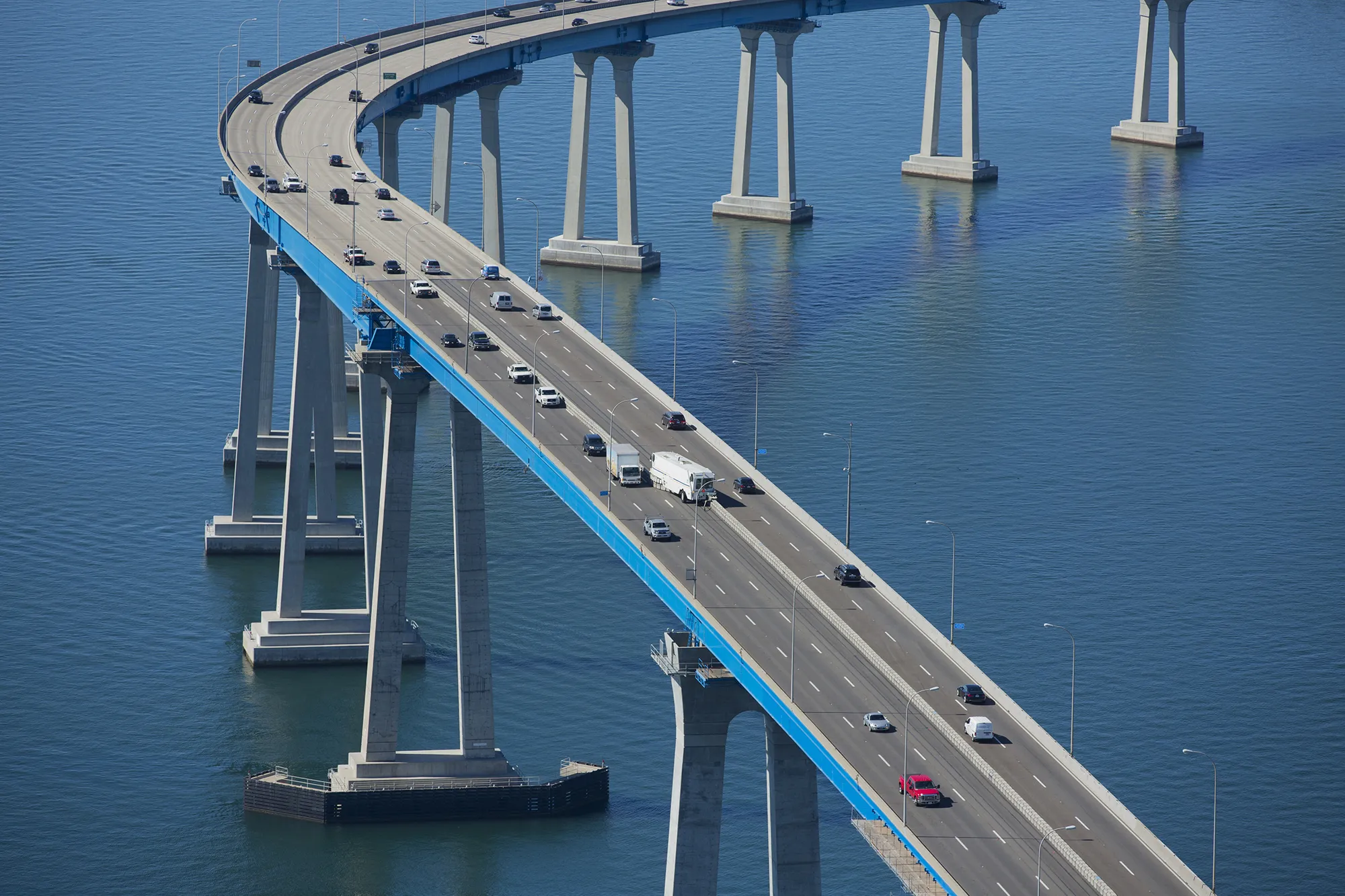Iran's congested capital Tehran is now benefiting from a new underground road tunnel that carries traffic under the city.
February 6, 2012
Read time: 1 min

Iran's congested capital Tehran is now benefiting from a new underground road tunnel that carries traffic under the city. The new link has been officially opened and features sophisticated safety systems designed to reduce accident risks. Tehran's growing traffic volumes have required the construction of this new tunnel, with further projects planned for the city.








